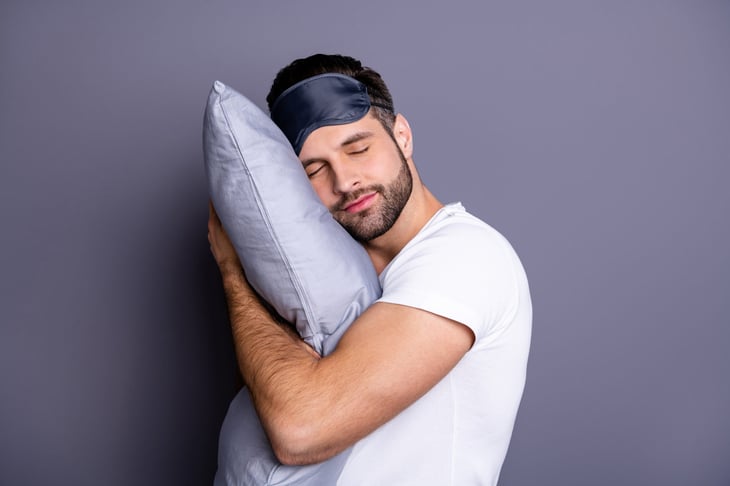
Kids aren’t the only ones who deserve some nap time.
Naps can be beneficial and refreshing for adults too. But not knowing how to do it right can have the opposite effect, leaving you more tired than before.
Get the extra rest if you need it — just do it right! Learn how to nap better by avoiding the following mistakes.
1. Sleeping too long
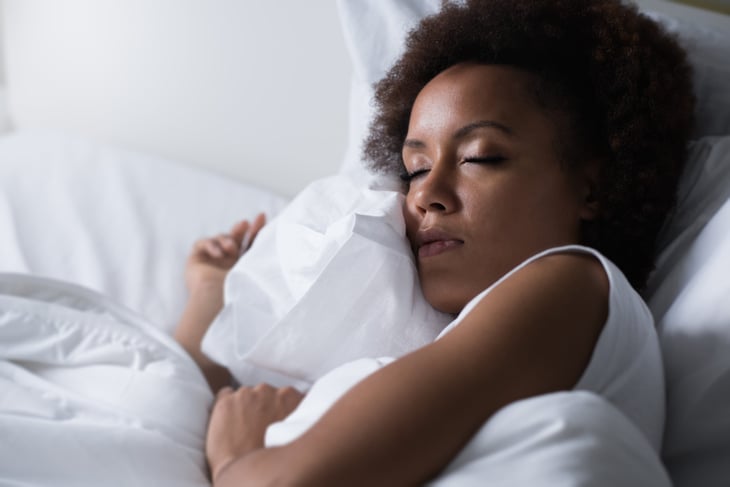
The ideal nap length varies, but shorter is often better as it limits sleep inertia — a temporary decline in functioning after waking up. A short nap can last about 15-30 minutes. Keeping a nap short means you’ll stay in the early stages of sleep before waking up. Waking up while in deeper stages of sleep leaves you feeling more groggy.
If you need a longer nap, aim for about 90 minutes. We enter a deeper stage of sleep at the one hour mark, but 90 minutes is the end of a full sleep cycle and so more ideal than the 60-minute mark.
Limit how often you do that, though. Research found that people who regularly took midday naps for 90 minutes were 25% more likely to have a stroke than those who took naps lasting one to 30 minutes.
2. Napping at the wrong time
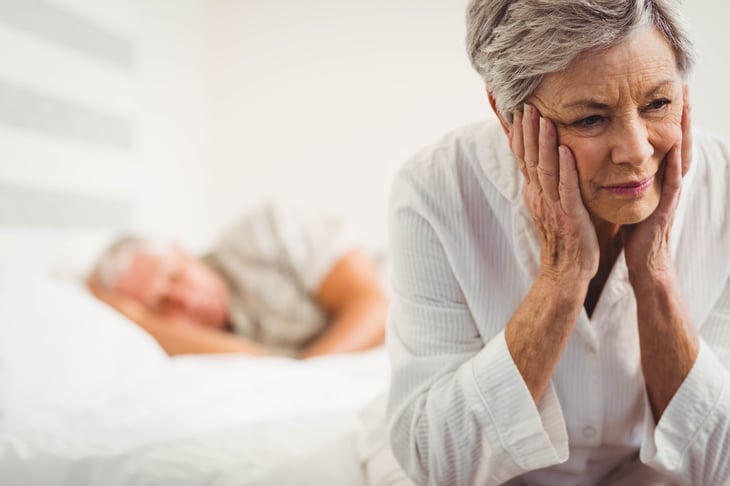
Getting in some extra Zzzs too late in the day can disrupt your sleep patterns.
According to the Mayo Clinic, the ideal time to nap is around 2 p.m. or 3 p.m. You’re more likely to be less alert after lunch which makes it easier to get rest. Napping around this time is also less likely to prevent you from sleeping at night.
3. Ignoring distractions
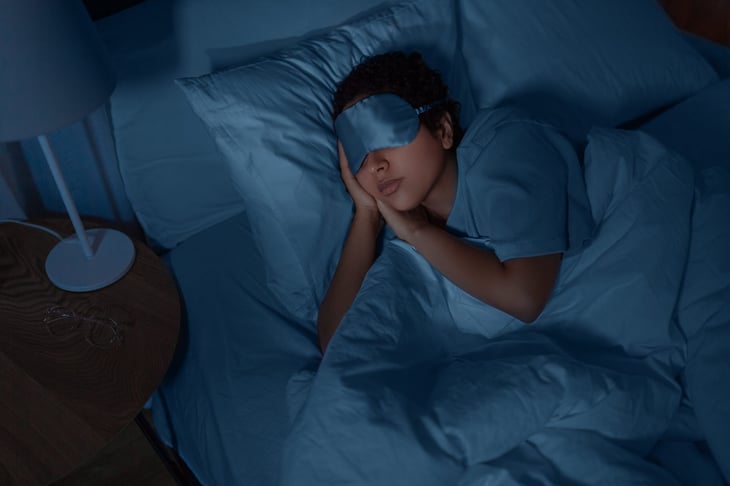
Your sleeping environment really sets the scene for how your night may go. The first thing you’ll want is a cool room. Our body temperatures decrease as we get ready to rest, and this drop in body temperature lets our bodies know it’s time to sleep.
Being too warm can disrupt those signals. Participants in a Harvard study fell asleep in six minutes in a colder setting. Those in a warmer setting took about 20 minutes.
Similarly, you’ll want your room to be dark. Lights can distract you and interrupt your sleep. Consider getting black out curtains or utilizing an eye mask.
4. Sleeping in the wrong spot
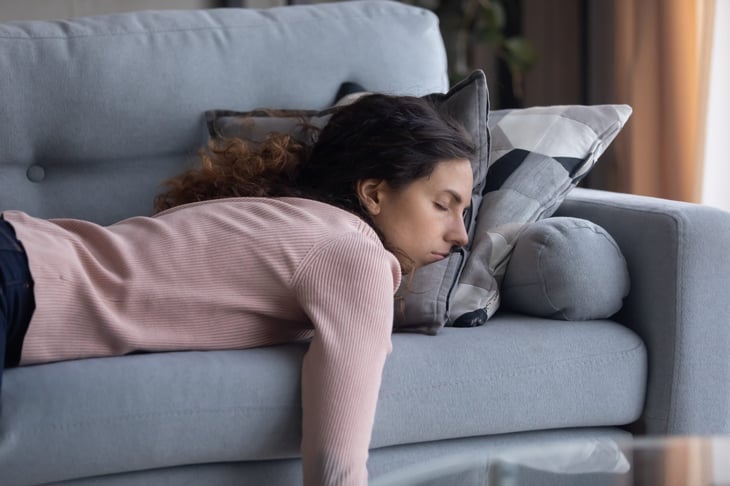
Getting in a quick snooze on the couch might sound like a good idea, but discomfort can disrupt your sleep and awkward positioning can have long-term effects.
Falling asleep on the couch may mean you have your TV on in front of you. This extra noise can disrupt your sleep cycle and even lead to bizarre dreams.
Poor posture while sleeping can lead to back and neck pain as well as stiffness. This won’t only cause discomfort after waking up, but doing this consistently can damage your neck and lumbar spine. Your mattress is more likely to provide proper support.
5. Feeling guilty
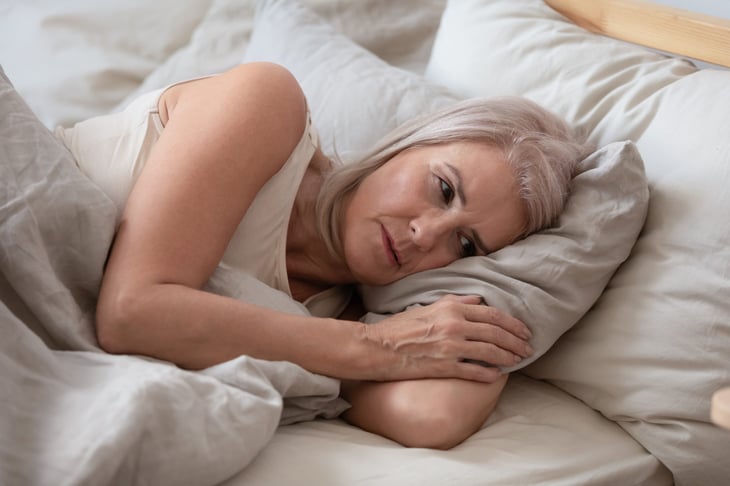
Taking a nap should make you feel refreshed, not stressed. Don’t take a nap if you’re telling yourself you’ll work late to make up for it. If you need the extra rest, you don’t want to exacerbate the problem by tiring yourself out later.
Telling yourself you’ll stay up or work later to make up for your nap disrupts your sleep patterns and leads to a negative mindset around napping.
6. Using your phone
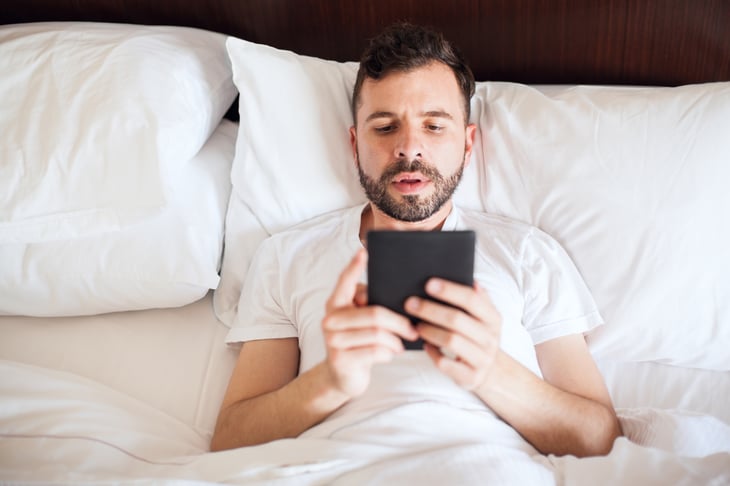
You may have heard the age-old advice of putting your phone down before bed. Well, the same applies to nap time.
The blue light that emits from phones, tablets, TVs and other devices mimics daytime and reduces your body’s natural production of melatonin — a sleep hormone. The lack of melatonin makes it difficult to fall asleep.
7. Not waking up right
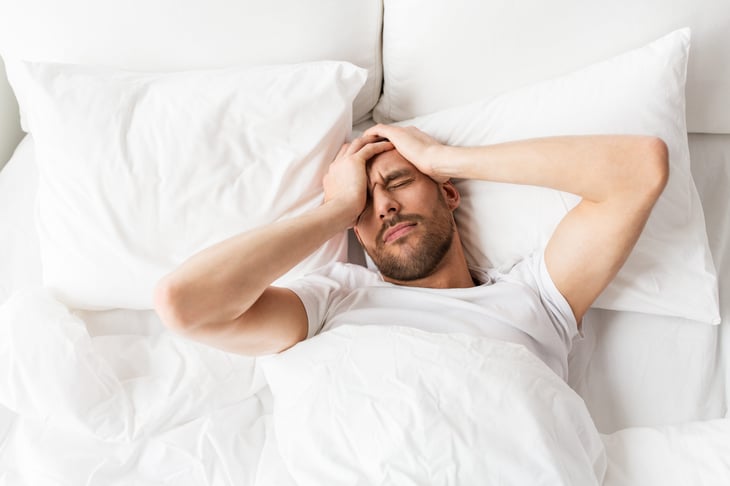
If you feel extra groggy after a nap but followed all of the previous tips, the problem may not be your napping habits but your post-nap habits.
After you wake up, go somewhere with bright lighting. This helps your brain understand that it’s time to wake up. This can just be a bright room or you can go outside and soak up some sun for a few minutes.
Consider washing your face after a nap too. Getting water on your face has been shown to increase alertness and reduce feelings of tiredness.





Add a Comment
Our Policy: We welcome relevant and respectful comments in order to foster healthy and informative discussions. All other comments may be removed. Comments with links are automatically held for moderation.